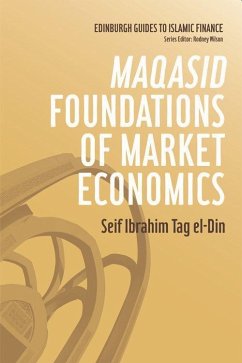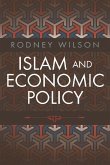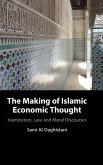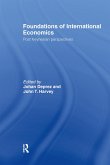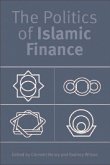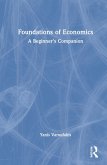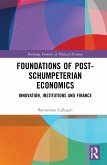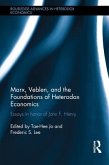Islamic finance rests on the principles of free market exchange found in Islamic economics. But the latter has failed to keep pace with the rapid development of the former. Much work published on Islamic economics is idealistic, and some is radically ideological, with little relevance for the Islamic financial industry. Students and practioners need a coherent body of economic theory in order to understand the practical objectives of Shari'ah (the maqasid) and acquire a clear sense of the direction of the Islamic finance industry. This book draws on the received sources of maqasid to demonstrate the principles of exchange economics for markets and instititions operating under Shari'ah. It shows where they converge and explains how they differ from conventional economics through the banning of usury and other exploitative financial contracts. The positive features of maqasid are emphasised, notably the merits of contracts based on risk sharing rather than transferring risk. Key Features . Uses the common conceptual framework shared by the maqasid and the conventional approach to economics to analyse market behaviour . Clearly explains the maqasid economic rationale for prohibiting interest from legitimate market exchange . Includes learning outcomes, chapter previews, chapter summaries and revision questions Seif Ibrahim Tag el-Din is Professor of Economics at Imam University, Riyadh

